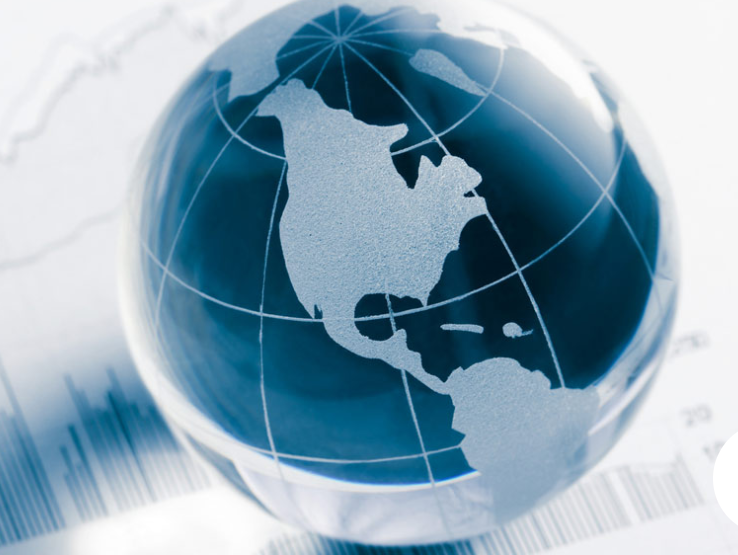Hong Leong foresees energy transition to gain pace in Malaysia amidst data center boom

Hong Leong Investment Bank Research has foreseen energy transition to gain pace in Malaysia next year amidst a data center boom.
Cited Juwai IQI, the research house noted in its recent report that Malaysia was the fastest growing data center market in Southeast Asia in the third quarter of 2024, and is set to become the third largest in Asia after Japan and India.
Judging from Malaysian utility firm Nasional Berhad (TNB)’s signed electricity supply agreement (ESA) for data center developments, it opined that Malaysia is set for an estimated 7.2GW capacity (4GW inked as of first half of 2024 with another 3.2GW under negotiation).
“As data centers are electricity guzzlers, it is crucial that the significant rise in energy consumption be met with an increase in renewable energy generation capacity to ensure that Malaysia’s net-zero objectives are met, as well as to appeal to the likes of RE100 companies (i.e. commits to achieve 100 percent renewable energy),
“We roughly estimate that 35-40GW of renewable energy (assuming solar) is needed to power up 7.2GW of data centers,” it said.
While Singapore lifted its data center moratorium in mid-2022, Hong Leong said stringent conditions are still imposed – including a 60MW annual cap for new applications.
Coupled with close proximity and lower cost (i.e. land and electricity) across the Causeway, it noted this helped fuel a data center boom in neighboring Johor – Baxtel has ranked Johor as the largest data center market in Malaysia and eighth in Asia Pacific.
Cited DC Byte, Hong Leong said Johor has a total data center capacity slightly shy of 1,600MW as of end-2023 (12 percent live, 8 percent under construction, 29 percent committed and 49 percent early stage), exponentially increasing from a mere 10MW in early-2021.
It is noted that Johor’s data center development coordination committee expects this figure to rise to 2,700MW by 2027.
Hong Leong also remained upbeat on Malaysia’s long term plan to achieve 70 percent renewable energy (RE) generation capacity by 2050 as outlined under the National Energy Transition Roadmap (NETR).
To achieve this, it is estimated that new investments of MYR 637 billion ($141.89 billion) will be needed from now till then.
Using 2024 as the starting point for these investments up till 2050, Hong Leong said this would imply MYR 24.5 billion ($5.46 billion) per annum on average – a rather significant sum considering that (for perspective) it represents 28 percent of Malaysia’s development expenditure allocation for 2024/2025.
“Seeing that Malaysia had the second highest Energy Transition Index (ETI) score within ASEAN in 2024 at 60.1, we feel it is well positioned to economically capitalize on its clean energy transition path,” the research house said.
According to Hong Leong, the rollout of 800MW Corporate Green Power Program (CGPP) engineering, procurement, construction and commissioning (EPCC) contracts this year (MYR 2 billion [$450 million] to MYR 3 billion [$670 million]) has helped boost the order-books of solar EPCC players.
“Going forward, we expect more job wins coming from the 2,000MW large scale solar (LSS5), with quota winners anticipated towards end-2024/early-2025,” it said.
Given that TNB is the sole off-taker for LSS5 (unlike CGPP), it anticipated a quicker turnaround time for its EPCC contract awards (MYR 5 [$1.11 billion] to MYR 6 billion [$1.34 billion]).
In addition, it noted the launch of the Corporate RE Supply Scheme (CRESS) in Sep-24 – enabling large corporate consumers to purchase renewable energy directly from independent power producer (IPPs) – should help crystallize more renewable energy investments going forward.
“We see wide spread sector beneficiaries from Malaysia’s data center boom which will go hand in hand with its renewable energy drive,” Hong Leong said.
In terms of utilities sector, it noted to accommodate the growth of renewable energy and data center, it is imperative for the national grid to be upgraded.
In this regard, it highlighted that TNB plans to invest MYR 35 billion ($7.8 billion) from 2025 to 2030 for energy transition grid enhancement.
As for construction sector, Hong Leong estimate that there are MYR 130 billion ($38.96 billion) to MYR 228 billion ($50.79 billion) worth of data center construction value, based on an information technology (IT) load pipeline of 4.5-5.1GW, which will be a boon for reputable data center builders.
According to Hong Leong, the burgeoning of data centers in Malaysia has also opened up new opportunities for property developers via land sales, build-and-lease data center to operators, or even participate in operating the data center.
On renewable sector, Hong Leong noted several notable data center investors in Malaysia – e.g. Bridge Data Centers, Microsoft, Google, EdgeConneX and Amazon – are members of RE100.
To facilitate the sustainable development of data centers, it noted the government has developed Green Energy Tariffs (GET) and launched the CRESS program, which should help catalyze more renewable energy developments.
Hong Leong also opines that telco players will benefit from the data center boom, as besides electricity and water, high bandwidth connectivity has become the third critical
utility in the data center industry – specifically fiber, with not only domestic coverage, but an extensive reach to international shores as well.
#DataCenters #RenewableEnergy #MalaysiaEnergyTransition #GreenTechnology #SustainableDevelopment
- Art
- Causes
- Crafts
- Dance
- Drinks
- Film
- Fitness
- Food
- Juegos
- Gardening
- Health
- Home
- Literature
- Music
- Networking
- Other
- Party
- Religion
- Shopping
- Sports
- Theater
- Wellness


